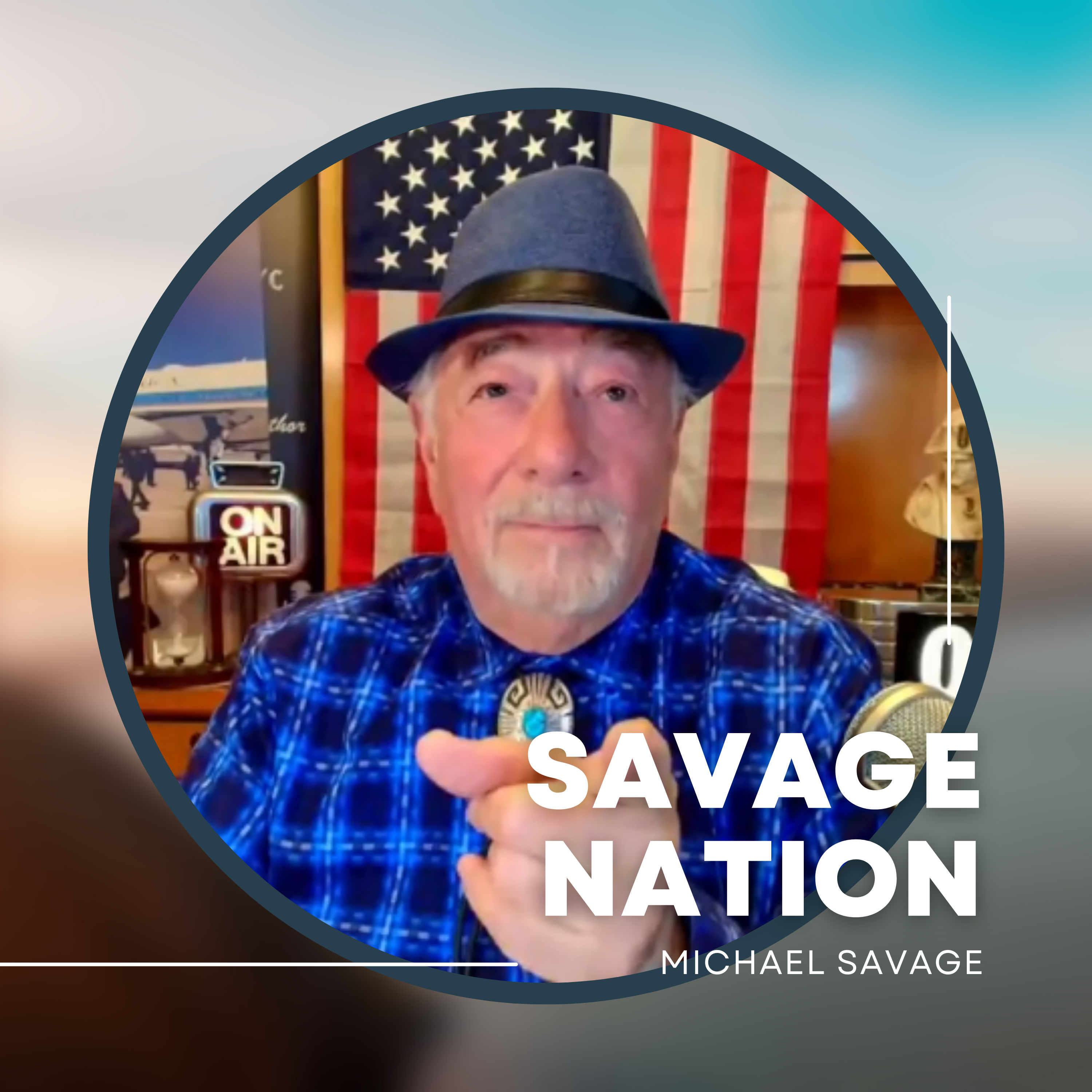
Think First with Jim Detjen
Think First is a short-form podcast that makes you pause — before you scroll, share, or believe the headline.
Hosted by Jim Detjen, a guy who’s been gaslit enough to start a podcast about it, Think First dives into modern narratives, media manipulation, and cultural BS — all through the lens of gaslighting and poetic truth.
Some episodes are two minutes. Some are an hour. It depends on the story — and the energy drink situation.
No rants. No lectures. Just sharp questions, quick insights, and the occasional laugh to keep things sane.
Whether you’re dodging spin in the news, politics, or that “trust me, bro” post in your feed… take a breath. Think first.
Visit Gaslight360.com/clarity to sharpen your BS filter and explore the 6-step clarity framework.
🚨Distorted is set to release on February 10, 2026, and pre-orders are now available on Ingram, Amazon, and Barnes & Noble.
Reserve your copy today — and join me in cutting through the distortion.
Paperback and Kindle: Amazon
Hardcover: Barnes & Noble
Think First with Jim Detjen
#70 Bad Therapy: How the DSM Made Fragility a Feature, Not a Bug
What happens when the manual for diagnosing mental illness stops being a guide for doctors… and starts shaping childhood itself?
In this episode of Think First, we trace how the DSM widened the map — turning sadness into depression, tantrums into mood disorders, and shyness into social anxiety — and then follow Abigail Shrier’s Bad Therapy into the classrooms, clinics, and living rooms where those labels became culture.
From stomachaches that trigger suicide screenings… to classrooms run like Oprah tapings… to kids trading diagnoses like Pokémon cards… we explore how therapy shifted from treatment to identity.
This isn’t medical school. It’s cultural storytelling with a sharp edge. Because when therapy becomes the air kids breathe, fragility stops being the problem — and starts being the product.
Stay sharp. Stay skeptical. #SpotTheGaslight
Read and reflect at Gaslight360.com/clarity
This is Think First, where we don't follow the script. We question it Because in a world full of poetic truths and professional gaslighting, someone's got to say the quiet part out loud. Picture this You're sitting in a doctor's office in New York City. The psychiatrist listens, takes notes, flips through a very thick book and finally says you meet the criteria, you have a mental disorder. Now fast forward. You take a flight across the Atlantic land in London and walk into another office. Same story, same struggles, same you. The doctor listens, nods, checks their book and says you're fine, you don't have a disorder at all. Wait what? Same person, same symptoms, two completely different answers. That's not a joke. That's what happens because psychiatry has two competing rule books the DSM-5 in America and the ICD-11 almost everywhere else. And here's the unsettling part. These aren't little differences, like one spelling color and the other spelling color. We're talking about one book saying you're mentally ill and the other saying you're not. So the question becomes if sanity itself depends on your zip code, how much of this is science and how much of it is politics, insurance and plain old compromise? That's where we're headed today. We're opening the manuals that claim to define reality and asking if we've been gaslit into trusting books that change their definitions as often as a politician changes campaign promises. Let's roll back the clock.
Speaker 1:The DSM, that's, the Diagnostic and Statistical Manual of Mental Disorders, was born in 1952. The first edition was a slim paperback 130 pages, about a hundred disorders. More pamphlet than Bible. Fast forward 70 years. The DSM-5 is now a doorstop Over 900 pages. It covers hundreds of conditions with pages of checklists. It's not just for psychiatrists. Insurance companies use it to decide what they'll pay for Lawyers. Use it in court. Schools use it for special ed eligibility. Even criminal cases lean on it to decide insanity defenses. In short, if you live in America, the DSM doesn't just diagnose you, it defines your reality inside the system.
Speaker 1:Meanwhile, outside the US, the World Health Organization runs the ICD, the International Classification of Diseases. It's the official standard in most countries. It covers everything from broken legs to brain tumors and, yes, it has a chapter on mental health. So here's the split. Dsm runs America, icd runs the world. And here's the kicker they don't always agree, sometimes they overlap, sometimes they contradict, and when they do, you realize these books aren't stone tablets from Mount Sinai. They're written by committees, revised by votes and shaped by whoever's at the table. Want proof?
Speaker 1:In 1968, the DSM-II listed homosexuality as a mental disorder. Entire careers were built on treating it. By 1973, after activism, protests and a historic vote inside the APA, it was removed. Did brain scans suddenly discover something new? Nope, the science didn't change overnight. The politics did, and that's the through line.
Speaker 1:These manuals don't just reflect science. They reflect the compromises of their time, which brings us to one of the biggest compromises of all how the DSM and ICD handle gender identity. The DSM-5, released in 2013, introduced a new category Gender dysphoria. Notice the word choice. The old label was gender identity disorder. That made the identity itself sound like the illness. The new label, gender dysphoria, says it's not the identity that's disordered, it's the distress that can come with it. That change was designed to reduce stigma. You're not sick for being trans, but if you're in deep pain because your identity and your body don't align, that's what's treated. If you're in deep pain because your identity and your body don't align, that's what's treated. Now, and here's the practical side. The DSM couldn't just delete the category Because in the US, if there's no diagnosis, there's no insurance coverage. Therapy, hormones, surgery none of it gets reimbursed unless there's a code. So gender dysphoria became the compromise Keep the code for billing, soften the language for culture.
Speaker 1:Meanwhile, the ICD-11, rolled out globally starting in 2022, took a different path. It created a category called gender incongruence but moved it out of the mental health chapter entirely. Instead, it put it under conditions related to sexual health. The signal was clear being transgender isn't a psychiatric illness, but healthcare systems still need a code to authorize treatment. So the ICD built one without calling it.
Speaker 1:Mental Activists cheered. Who declared victory for depathologization. Critics argued it was politics dressed up as medicine, and the contradiction was complete. In America's DSM, it's still a mental health diagnosis. In the WHO's ICD, it's not Same person, same story. Walk into an office in New York you have a psychiatric condition. Walk into an office in Paris you don't.
Speaker 1:And both manuals will insist they're evidence-based, objective and scientific. If that doesn't feel like gaslighting being told both answers are the truth at the same time, I don't know what does so. Why do these manuals keep changing? Why is one disorder here today gone tomorrow? Why does crazy look one way in the DSM and another way in the ICD? The answer is money, pressure and politics. Let's start with money In America.
Speaker 1:If you don't have a code from the DSM you don't have insurance coverage. Period, no diagnosis, no therapy. No diagnosis, no meds. No diagnosis, no surgery. Insurance company's computer is colder than a banker in January. If it can't find the code, it won't cut the check. That's why gender dysphoria stayed in the DSM. If it vanished, patients would be on their own financially. So the manual did a little two-step. Okay, it's not your identity, that's the disorder, it's your distress. And just like that, the code survives, the bills get paid and the insurance system keeps humming. Science may drive the car, but insurance is holding the steering wheel. Now let's add pressure Activism.
Speaker 1:Think back to the 1970s. Homosexuality was in the DSM. Activists stormed APA meetings, staged sit-ins, even had a gay psychiatrist testify from behind a mask. By 1973, homosexuality was voted out. And it wasn't because scientists discovered a brand new chromosome or cracked a brain scan mystery. It was because the cultural winds had shifted and the APA bent with them. That moment set a precedent. If activism can rewrite one entry, why not another? Now, every hot-button diagnosis carries the same undertone who's lobbying the loudest? And finally, politics.
Speaker 1:The ICD isn't just a medical book, it's run by the World Health Organization, which is also a diplomatic body. When WHO moved gender incongruence out of the mental disorders section. It was partly about aligning with UN human rights language. To some that was progress, to others it was ideology with a lab coat on. So there you have it. The DSM bends toward insurance, the ICD bends toward global politics. Both bend when the pressure's high enough. And yet every time the public is told this is objective, this is settled science. That's not objectivity, that's theater, and we're the audience being told not to notice the stagehands moving the scenery. So are there competitors? Yes, but they're more like understudies who never get to perform.
Speaker 1:First up. Rdoc Research, domain Criteria Born at the National Institute of Mental Health. The dream. Forget categories, go straight to brain circuits and genes. If the prefrontal cortex is misfiring, treat that Sounds brilliant. Problem is you can't hand someone a prescription labeled for dysfunction in your corticostriatal pathways, and you definitely can't bill Blue Cross for it. So RDOC stays in the lab, admired but impractical.
Speaker 1:Then there's HITOP, the hierarchical taxonomy of psychopathology. Think of it like a giant map of symptoms. Instead of neat boxes like depression or anxiety, hitop shows you clusters and overlaps, more data-driven, less arbitrary. But try explaining that to a teenager who just wants to know if they're depressed. Good news you're in the 67th percentile of the internalizing spectrum. That doesn't exactly roll off the tongue.
Speaker 1:And then there's PDM-2, the psychodynamic diagnostic manual. This one comes from psychoanalytic circles, less about checklists, more about the story of your personality, your relationships, your inner world. It's deep, it's thoughtful, but good luck convincing an insurance company to pay for existential unease rooted in early attachment. So we're left with this. The challengers may be smarter, but the incumbents are entrenched Because, at the end of the day, only DSM and ICD can feed the insurance computers and the government policies, and that's what keeps them in power.
Speaker 1:But just imagine what if someone built a manual with no strings attached. It would look very different. It would be dimensional, not yes or no boxes but scales showing where you land. It would be biological, grounded in brain science, genetics and outcomes. It would be transparent, honest about what we know and what we don't and, most importantly, it would be independent, not shaped by insurance lobbyists, activists or UN policy language. Call it the physician's desk reference of the mind, an atlas, not a compromise. And here's the kicker the science is already there. We've got decades of imaging, data sets and longitudinal studies. What's missing isn't knowledge, it's courage, the courage to publish something that can't be gamed by billing codes or rewritten by politics.
Speaker 1:So what do we do with all this? We've seen how the DSM and ICD became the rulebooks of psychiatry. We've seen how they disagree on one of the most sensitive cultural issues of our time. We've seen how insurance activism and politics quietly twist the language. And we've seen how smarter models exist but never get their shot. And here's the bigger truth when institutions tell us their definitions are final, but those definitions change with every new addition, that's not clarity, that's choreography. Gaslighting thrives in that space is pulling a disappearing act when the manual says one thing in America, another in Europe and both insist their objective. When the definitions shift, but the authority never blinks, that isn't just confusing, that's manipulation in slow motion. So here's the first takeaway the smartest people aren't the loudest. They're the ones asking the right questions, like if two official manuals can't agree on who's sick and who's not, how settled can the science really be? And here's the new zinger for this episode. Maybe the real question isn't who gets to define crazy, maybe it's. Why do we keep letting them change the answer without ever admitting they did? Before we dive back in, a quick word about the project. That's bigger than this podcast.
Speaker 1:I wrote a book. It's called Distorted how gaslighting and poetic truth bend our perception of reality, and it's out in every format you actually use how Gaslighting and Poetic Truth Bend Our Perception of Reality, and it's out in every format you actually use Paperback, kindle, apple Books, amazon and Barnes Noble. If you want the digital version, you can pre-order right now for just $9.99. That's cheaper than a fancy coffee and far less likely to give you anxiety. Here's the pitch. If this podcast helps you spot the gaslights of the day. Distorted is the field manual. It's the frameworks, the stories, the receipts all in one place, the kind of book you can hand to your uncle, your professor or that guy on Facebook who thinks TikTok comments are peer-reviewed research. And if you do grab a copy, here's my one ask leave a review. It's the simplest way to make sure the truth gets surfaced instead of buried under the algorithm's most dramatic trauma wins policy. So head to Amazon, barnes Noble or Apple Books, pre-order the Kindle version for $9.99 or get the paperback if you're old school Either way. Thank you All. Right back to the show. So here's where we left off.
Speaker 1:The DSM widened the borders. Grief became depression, tantrums became mood disorders, shyness became social anxiety. And once those categories were official, schools, clinics and insurers had every reason to treat them as real estate to be developed. But you don't need to flip through a manual to see its fingerprints. Just walk into a classroom, sit in a pediatric waiting room or overhear a dinner table where discipline has been outsourced to therapy culture. That's where Abigail Schreier picks up the story in her book Bad Therapy. Not the politics of psychiatry, but the lived reality of kids raised in a therapeutic age. Kids who now know their acronyms before their locker combos. Kids fluent in feelings but less fluent in life. And here's the big question Schreier asks and we should too. If the cure is everywhere, why aren't the kids getting better? So here's where we left off.
Speaker 1:The DSM widened the map. What used to be sadness became depression, what used to be a kid with a short fuse became mood disorder. What used to be shy became social anxiety. And once those categories were official, the whole system had a reason to treat them as real estate. Clinics, schools, insurance everyone got their cut. But here's the thing you don't need to read the DSM to see its fingerprints. You just need to walk into a classroom, sit in a waiting room or overhear a dinner table where mom and dad are negotiating bedtime like they're at the UN. That's where Abigail Schreier picks up in bad Therapy, not the manual, the fallout, how therapy stopped being a treatment and started becoming the water kids swim in. So let's ask what happens when therapy stops being the exception and becomes the culture.
Speaker 1:A boy goes in for a stomachache, out goes the parent, in comes the nurse. Have you thought about killing yourself? The kid had been thinking about baseball stats. Now he's wondering if he missed the homework assignment about planning his own funeral. This is how safety culture works. Assume everyone's at risk and you end up planting ideas that weren't there. It's like asking every 12-year-old if they've tried heroin, just in case.
Speaker 1:Next stop. School Math waits, but first feelings. Kids sit in a circle sharing their trauma. One talks about a fight at home, another about a bad dream. The quiet kid says I'm fine, wrong answer Pretty soon. The lesson is clear the bigger your pain, the bigger the spotlight. Classroom becomes talk show, vulnerability becomes performance. And math. Math never happens At recess.
Speaker 1:Kids used to trade Pokemon cards. Now they trade acronyms. Collect them all. A label isn't just an explanation anymore, it's a brand. Put it in your bio. Put it on TikTok, get bonus points if your diagnosis comes with meds. It's identity as diagnosis and you wonder why kids aren't lining up to grow out of it.
Speaker 1:Meanwhile, at home, discipline gets rebranded as gentle parenting, which sounds nice, until you realize it's just negotiation theater. Sweetie, would you like to brush your teeth? No, okay, how about if I read you a book while you consider brushing your teeth? Authority isn't cruelty, authority is structure. But now we've got parents outsourcing backbone to therapists. Kids don't feel empowered, they feel lost. We used to call it parenting, now it's collaborative hostage negotiation.
Speaker 1:And online Trauma is trending. The more tragic the story, the bigger the views. Not war trauma my mom forgot soccer practice trauma. That's poetic truth at work. It feels noble, it feels dramatic, it feels true even if it isn't. And once you buy into that, every memory is clay. Here's the gaslight we're making kids safer. Look around Kids are more anxious, more medicated, more fragile than ever. That's not safer, that's the opposite. And here's the poetic truth. Everyone has trauma. It sounds comforting, it sounds unifying, but it's nonsense. If trauma means everything, then it means nothing. Therapy works when it's the exception, but when therapy becomes the culture, kids don't build muscles, they build identities around fragility. It's like spotting someone at the gym and never letting them lift the weight. Yes, they're safe, but they're also weak forever.
Speaker 1:The DSM widened the map. It turned ordinary sadness and stress into diagnosable conditions and in doing so, gave institutions a playbook for expanding their reach. Bad therapy shows what happened next. That manual didn't just sit on a shelf. It trickled into classrooms, living rooms, tiktok feeds and pediatric waiting rooms. What was once a set of categories became a culture. That's the bigger story. Here. A profession lowered the bar and culture built an entire childhood around it, which leaves us with kids fluent in fragility, parents fluent in therapy speak and institutions fluent in billing codes. Bad therapy didn't raise stronger kids. It just raised better patients.
Speaker 1:And that's the gaslight. That all this is for the kids. The reality it's for the system, and today we went there. I'm Jim Detchen and you don't need all the answers, but you should question the ones you're handed. Until next time, stay skeptical, stay curious and always think first, want more. The full six-step framework we use is at Gaslight360.com. You can also dive into the deeper story, the bio, the podcast and the mission at JimDetchincom. And if you like this one, tag it, save it, share it.
Podcasts we love
Check out these other fine podcasts recommended by us, not an algorithm.

The Megyn Kelly Show
SiriusXM
Hidden Brain
Hidden Brain, Shankar Vedantam
The Tucker Carlson Show
Tucker Carlson Network
Cato Podcast
Cato Institute
The Joe Rogan Experience
Joe Rogan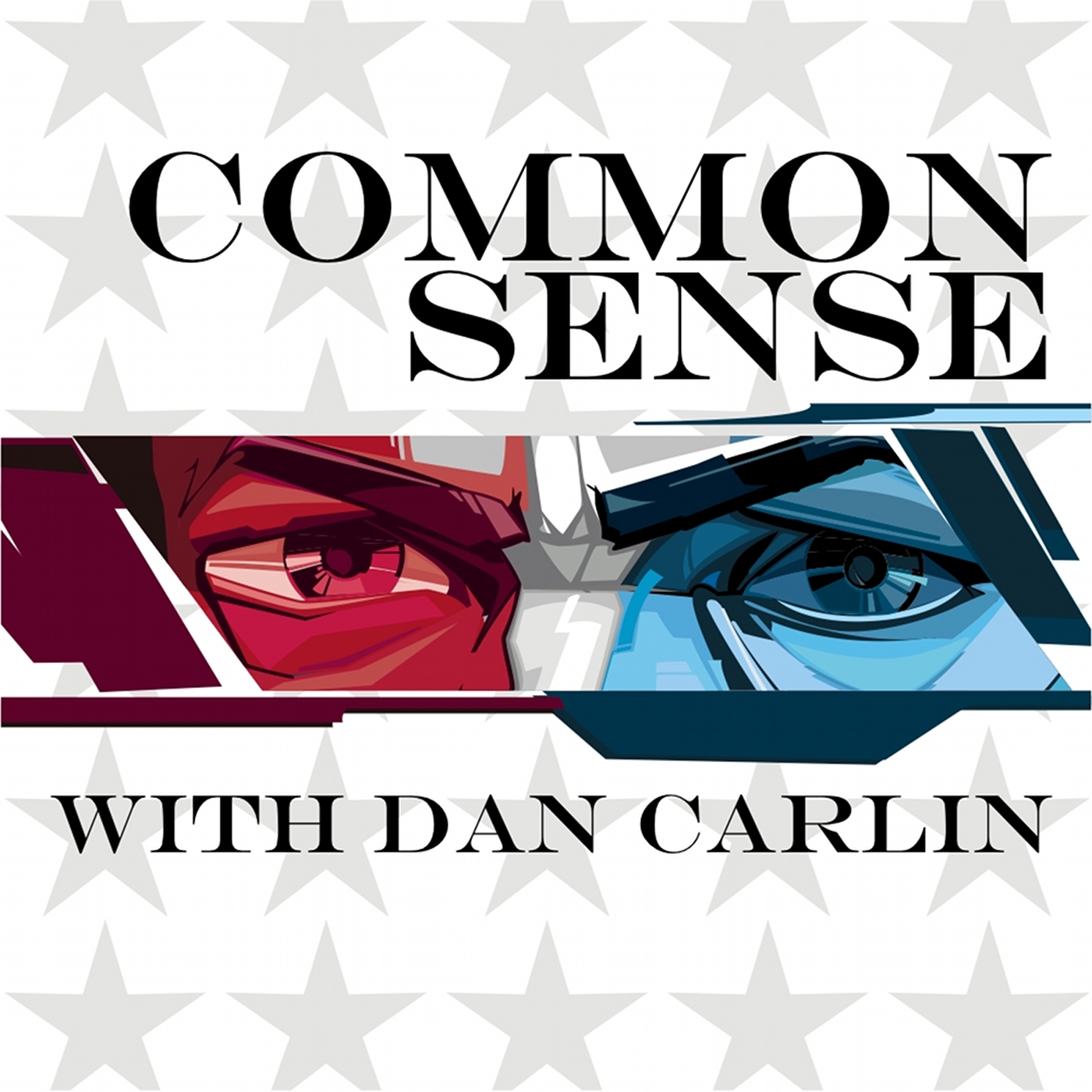
Common Sense with Dan Carlin
Dan Carlin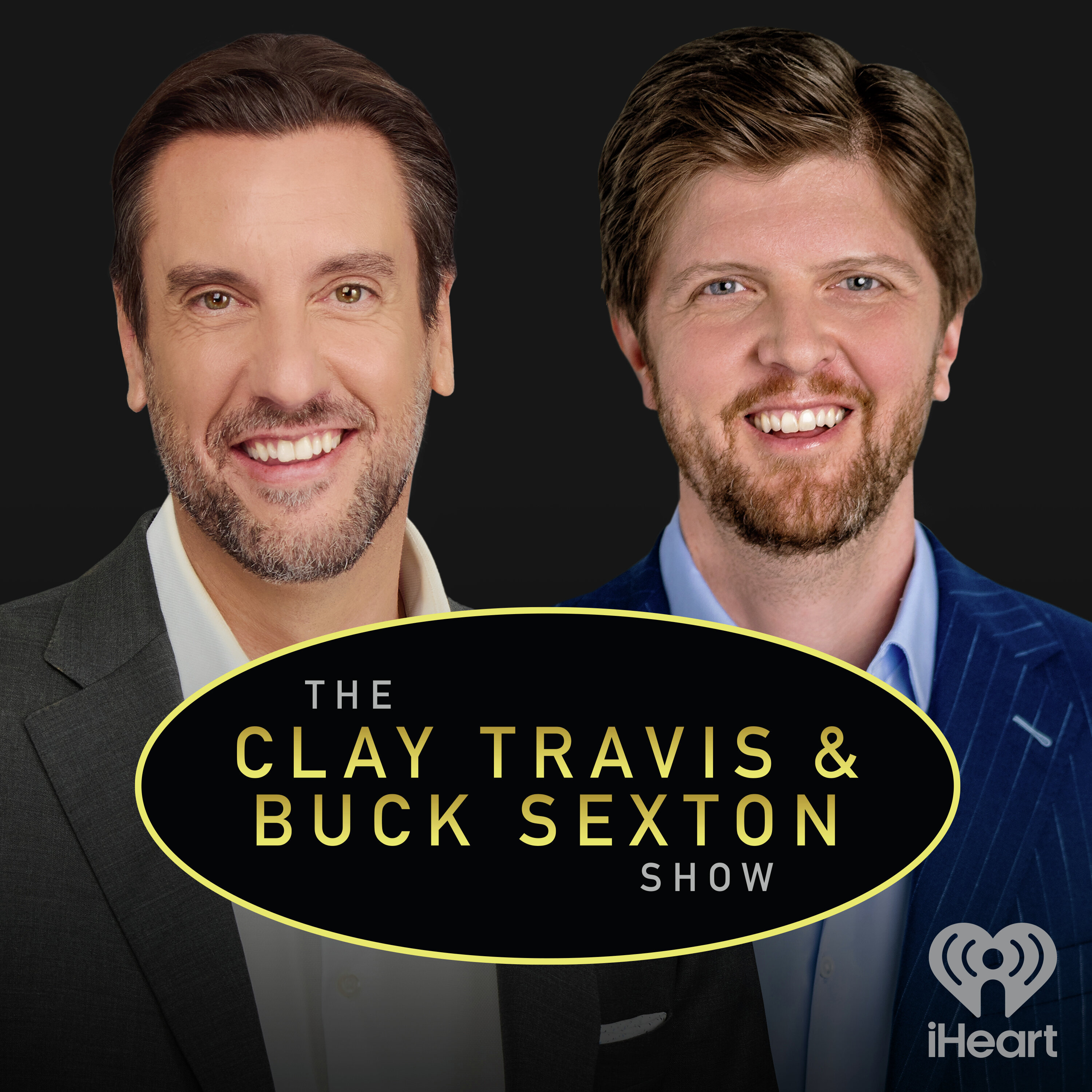
The Clay Travis and Buck Sexton Show
iHeartPodcasts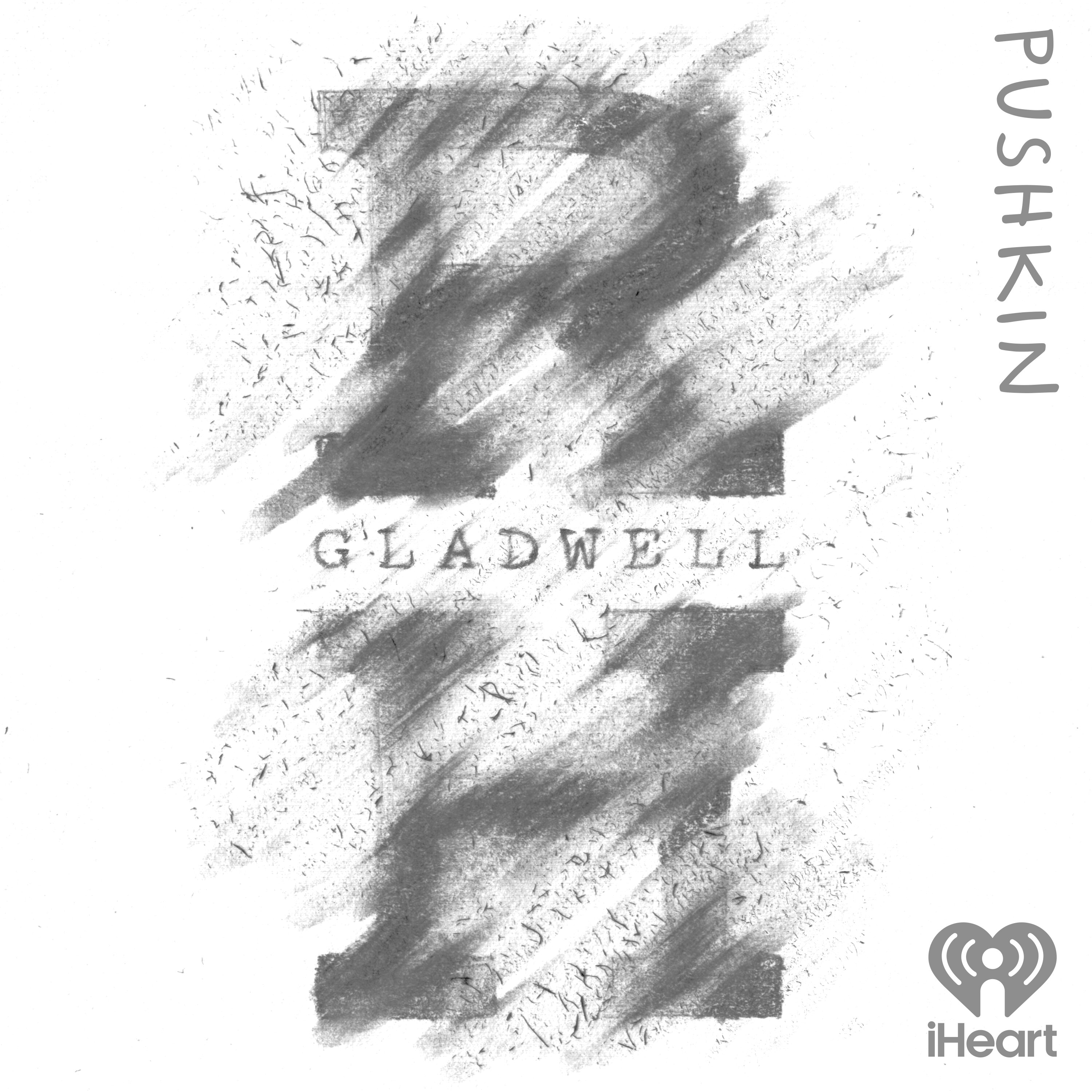
Revisionist History
Pushkin Industries
Freakonomics Radio
Freakonomics Radio + Stitcher
Fearless with Jason Whitlock
Blaze Podcast Network
The Daily Beans
MSW Media
The Glenn Beck Program
Blaze Podcast Network
Countermine
Dondi&Karlin
The Shawn Ryan Show
Shawn Ryan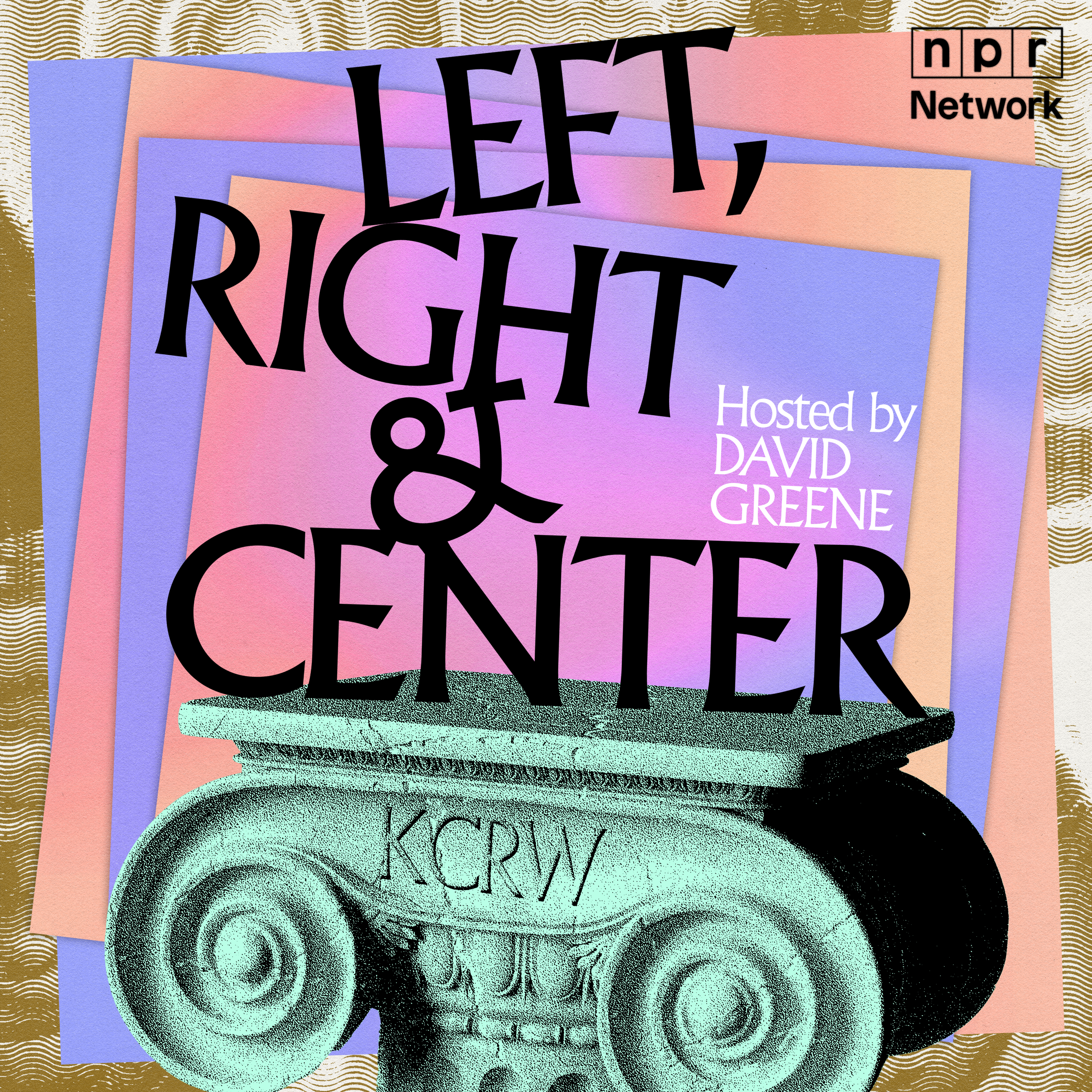
Left, Right & Center
KCRW
Political Gabfest
Slate Podcasts
Stuff You Should Know
iHeartPodcasts
TED Talks Daily
TED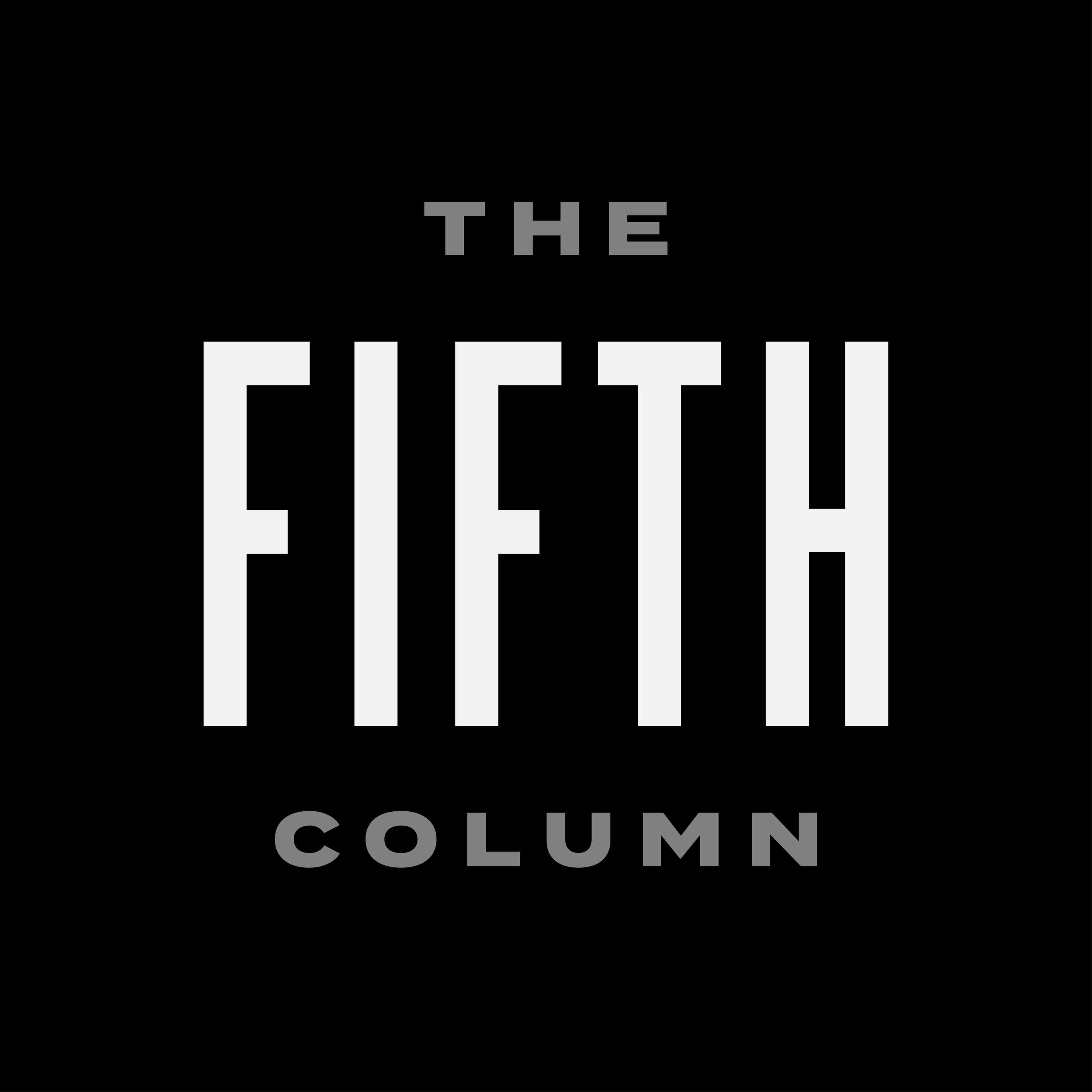
The Fifth Column
Kmele Foster, Michael Moynihan, and Matt Welch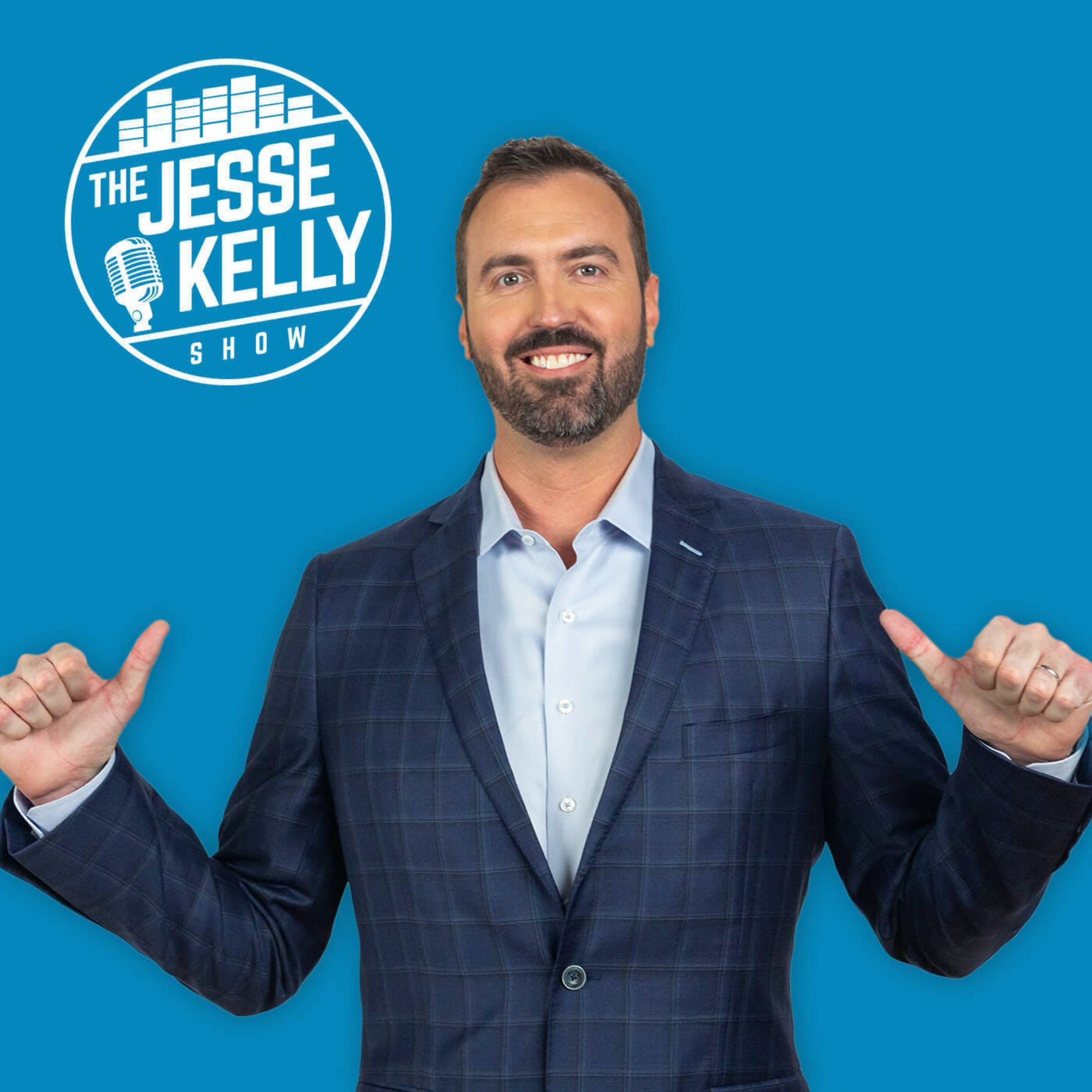
The Jesse Kelly Show
iHeartPodcasts
The Jordan B. Peterson Podcast
Dr. Jordan B. Peterson